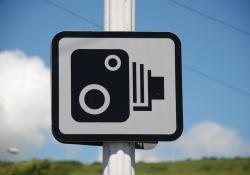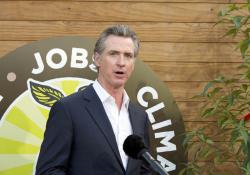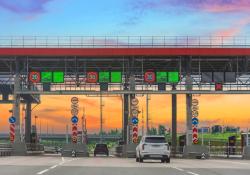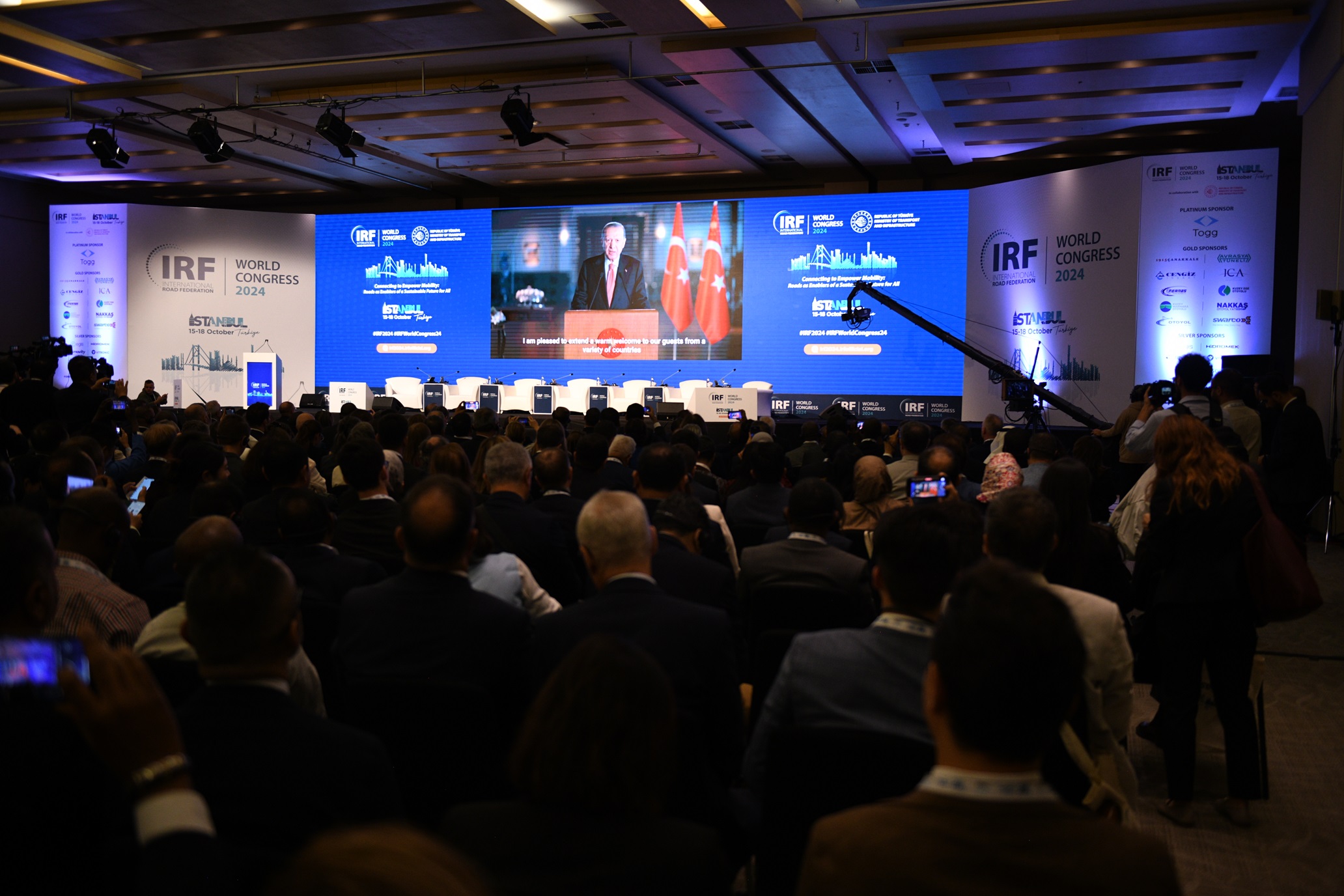
For too long there has been a focus on physical infrastructure itself when it comes to sustainability. Now we understand the interdependence of infrastructure, government agencies and policies, a nation’s health, access to education and much more.
Embrace innovation to deliver society - that was the message from Victoria Sheehan, executive director of the Transportation Research Board (TRB), based in Washington DC. In her keynote presentation on the second day of the three-day IRF World Congress in Istanbul, she said the battle continues for better road safety as the death toll globally tops 1.2 million annually. But thinking and acting sustainably and using the latest innovative technologies gives hope that these deaths can be reduced.
For too long there has been a focus just on physical infrastructure itself. There is now an understanding about the interdependence of infrastructure, government agencies and policies, a nation’s health, access to education and much more that makes up sustainability. It’s about breaking down silos so everyone with a vested interest in roads can work together.
This was echoed in a video presentation by Jean Todt, former Ferrari Formula One team boss, past president of FIA – International Automobile Federation – and now the United Nations special envoy for road safety. Only where there is total safety for all road users, from cyclists and pedestrians to car and truck drivers, will there be true sustainability.
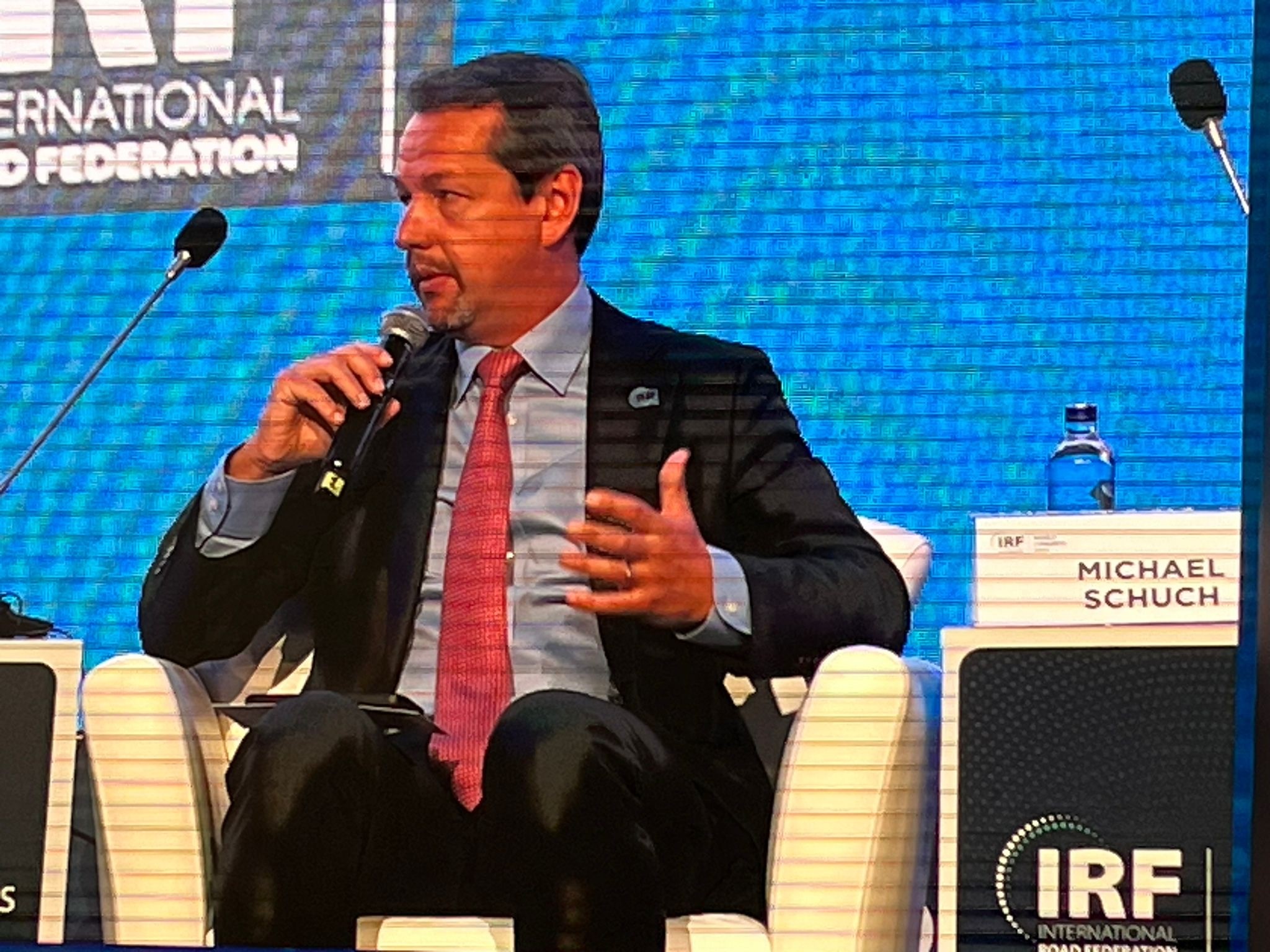
Thankfully, the technology already exists to drive down further and faster the annual global road deaths, noted Michael Schuch, chief executive of Swarco, a maker of road safety systems and a gold sponsor of the IRF Congress. But it is important to address sustainability across a product’s entire value chain, from manufacture and materials to its operation and effect on society. He said this appears to be getting through even at the highest levels of many governments, which is said he noted earlier at the Congress’s ministerial meeting.
Technology with a vision
However, embracing new technology should be done with a vision, said Schuch. Potential users should ask themselves how the technology makes for a better society. For example, he said artificial intelligence, AI, may be alluring. But does its use by a product or system make something that is complex more simple and also less costly in the long run? Meanwhile, he noted, individual players in an infrastructure project may want fast adoption of a new technology, but they are all slowed down by their own lack of communication and cooperation.
Sustainability of a project can be enhanced if financial backing is tied to some form of targets, explained Rebecca Stapleton, senior transport specialist at the Asian Development Bank. Creating climate-resilient infrastructure can be costly, especially for lower income nations. But the ADB is using resource-based and policy-based funding as incentives for governments and contractor think more deeply about what they are creating.
In the second panel discussion of the morning plenary session, Total Energies’ Jacques-Emmanuel Saulinier, senior vice president for citizenship engagement, welcomed a new initiative from the IRF. His group totally supports the introduction of an International Registry of Road Safety Auditors programme to help bring some standardisation into their training, certification and working methods.
A road safety audit is a systematic procedure in which an independent and qualified auditor checks the safety conditions of a project for a new road, an existing road or any project that may affect the road or users. An audit is also a formal examination of a future road or road traffic project, in which an independent and qualified team reports on road safety performance and the potential risk of traffic accidents. He or she then identifies the opportunity for improvement for the protection of all road users.
Saulinier said that Total Energies has already tried to bring some standardisation into the sector by setting up a three-year project in three countries. It helps provide easy access to reliable source for identifying and selecting qualified road auditors. It also opens up opportunities for local young engineers who might otherwise leave the sector.













